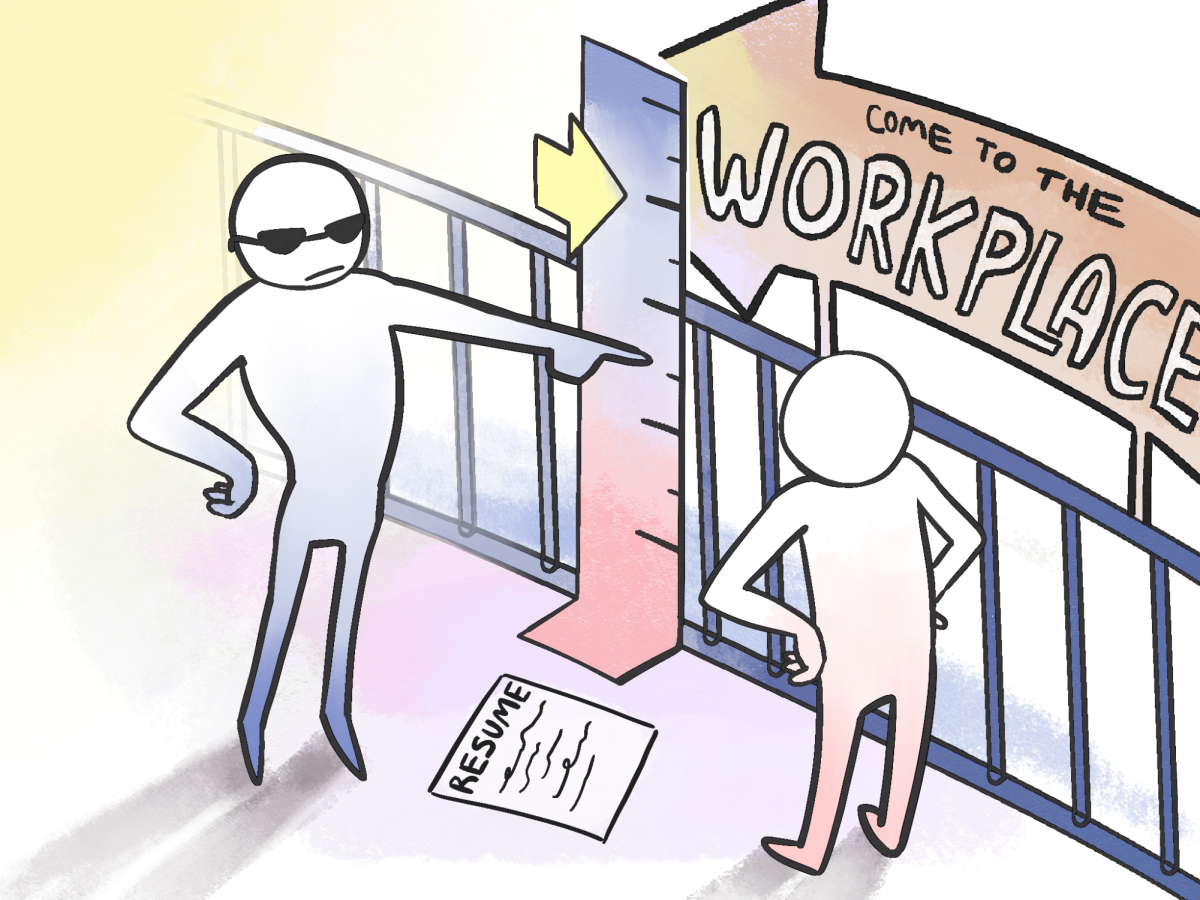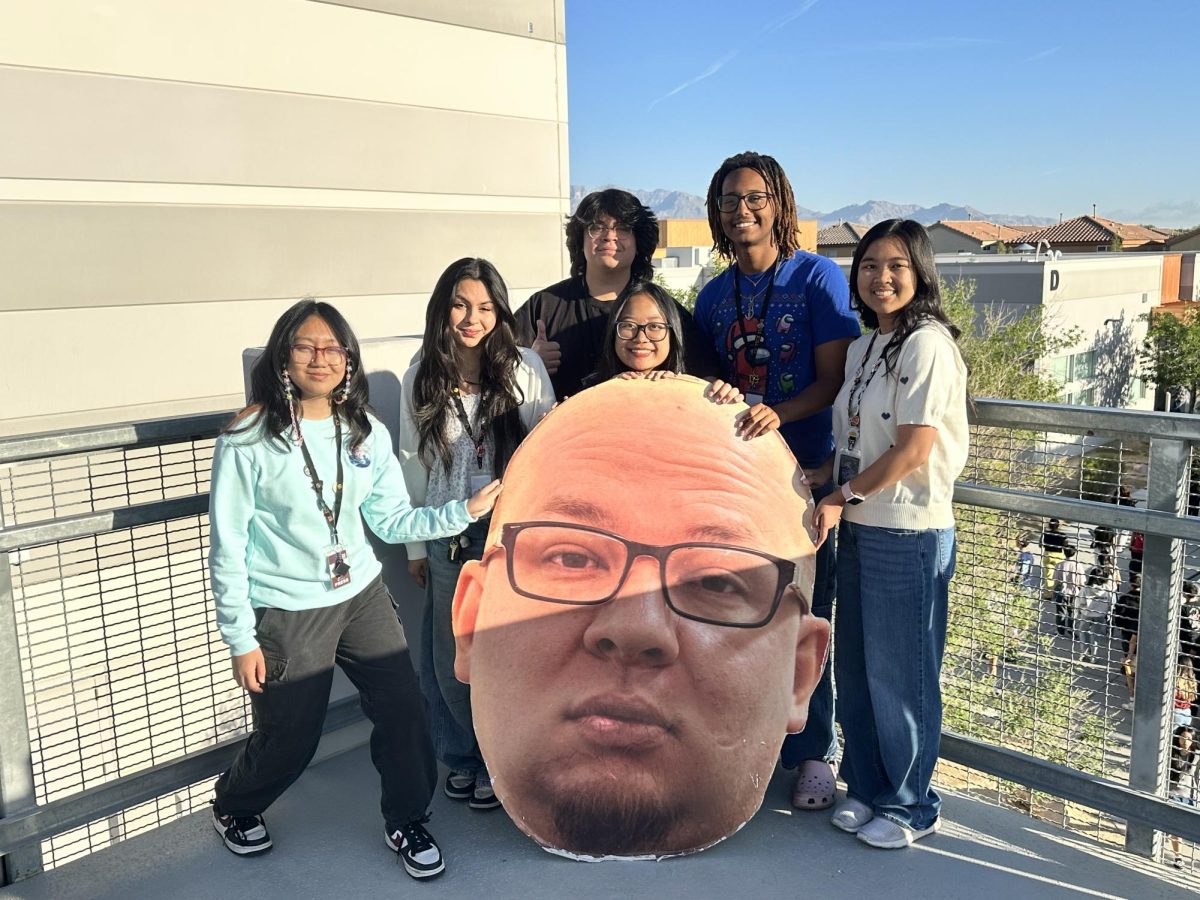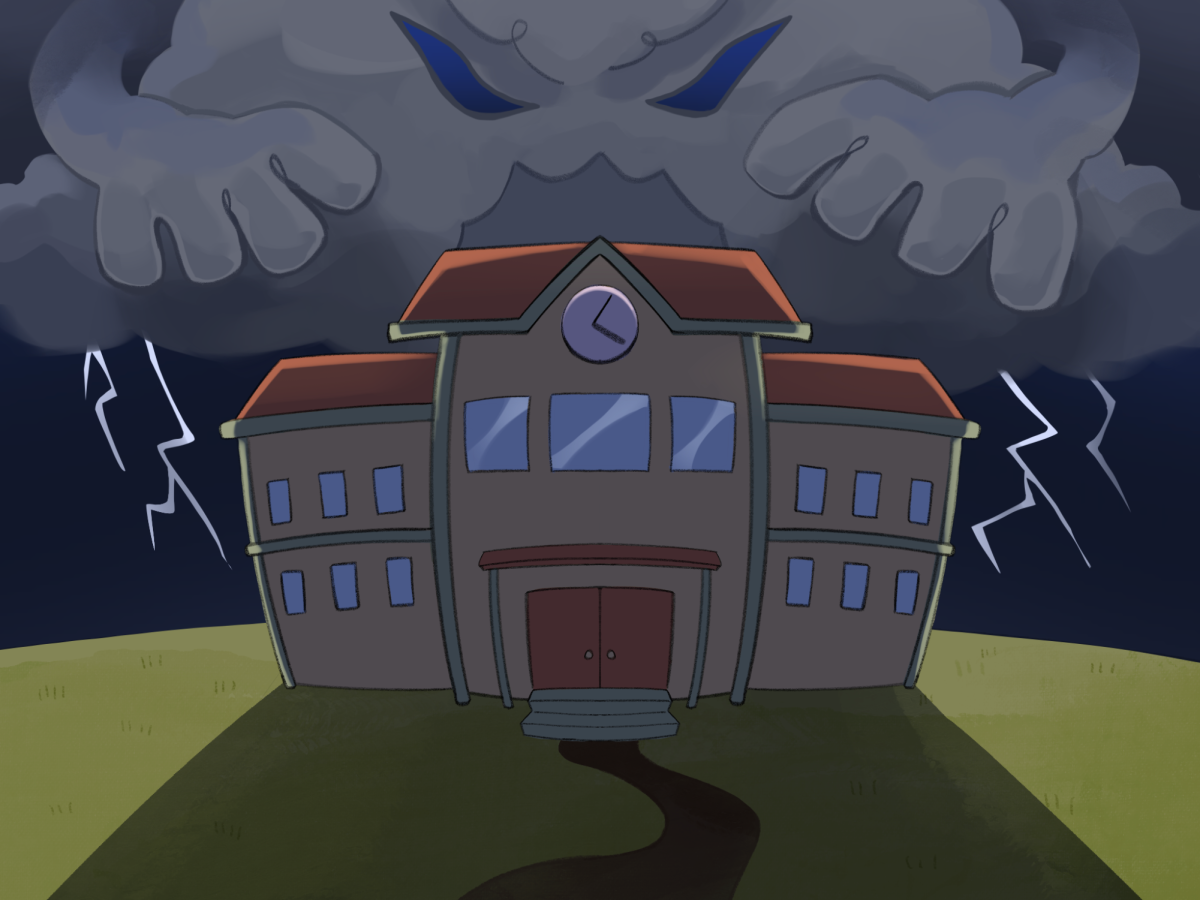In recent decades, teenage participation in the workforce has steadily declined. In February 2000, 52.2 percent of teenagers ages 16-19 had already entered the workforce, but in the past 24 years this number has declined by 15.6 percent according to the U.S Bureau of Labor Statistics.
In a country run on capitalism, work-ethic is often lauded as a universal value among American citizens. A 2023 Wall Street Journal-NORC poll found 94 percent of respondents believe that hard work is a value that is significantly important to them compared to patriotism, community involvement, or other previously American adjacent values. So, why has participation in the workforce decreased among America’s youth?
Fingers are pointed every which way trying to find the source of this gradual decrease. The 2008 recession led a lot of adults and seniors looking for unskilled jobs that didn’t require degrees amidst mass layoffs and rent hikes. In 2023 Over 40 percent of people ages 55 and up are actively looking for work, typically in low-level positions, creating competition for these jobs that are often the only option for teens. The problem with this is more experienced seniors will have a leg-up over inexperienced youth.
A big problem with the stigma behind hiring teens is with how minors are portrayed by popular media and culture. Instead of being judged on an individual-by-individual basis, oftentimes teens are clumped under a giant umbrella and labeled “angsty,” “moody,” “lazy,” and “unreliable.” This can deter companies from hiring a teenager even if they meet the job’s criteria.
But should companies be willing to take the risk? Hiring youth could be a mutually beneficial venture for companies, even if the teens aren’t necessarily qualified. By hiring teens, up-and-coming businesses can gain insight into that specific age demographic and gain a better understanding of today’s virtual marketplace. According to the Pew Research Center, 76 percent of teens ages 12-17 use social networking sites. This familiarity could provide valuable input in terms of marketing and advertising.
Not to mention, hiring teens could ensure that we have a workforce that is not only skilled, but contains degrees in a related field. When students intern or work in a job field they are interested in while in high school, they have the opportunity to figure out if that is the field or major they want to pursue during college. This is extremely valuable, considering that only 27 percent of people in the workforce have a degree related to their field, according to the Washington Post.
Additionally, teens can have a better understanding of responsibility and gain experience so they are more prepared when they enter the workforce full-time upon graduation. According to LegalJobs.io, “Nearly 91 percent of employers have stated that they preferred candidates who had work experience”.
A quick search on indeed using the phrase “job for teens” in Las Vegas only shows 90 positions that don’t require a high school diploma and less than 50 that don’t require previous experience. Of those positions absolutely none involve possible internships or positions for companies outside of fast food.
Companies should be more willing to hire and accommodate those under 18 and above 16 so our future generations have a more cohesive workforce. By lowering age policies to 16, offering more apprenticeships and internships, and creating a work environment that prioritizes both work AND learning we can integrate young people into the workforce more smoothly. Schools should also make students more work-ready by offering certifications and promoting teen jobs outside of the basic lifeguard trope. This helps those seeking a post-graduation route besides college, especially those hoping to jump straight into the workforce or into a trade school.
All in all, companies should be more open to hiring and teaching students to improve our society’s workforce as a whole. In the words of Maria Montessori, “Only practical work and experience lead the young to maturity”.













